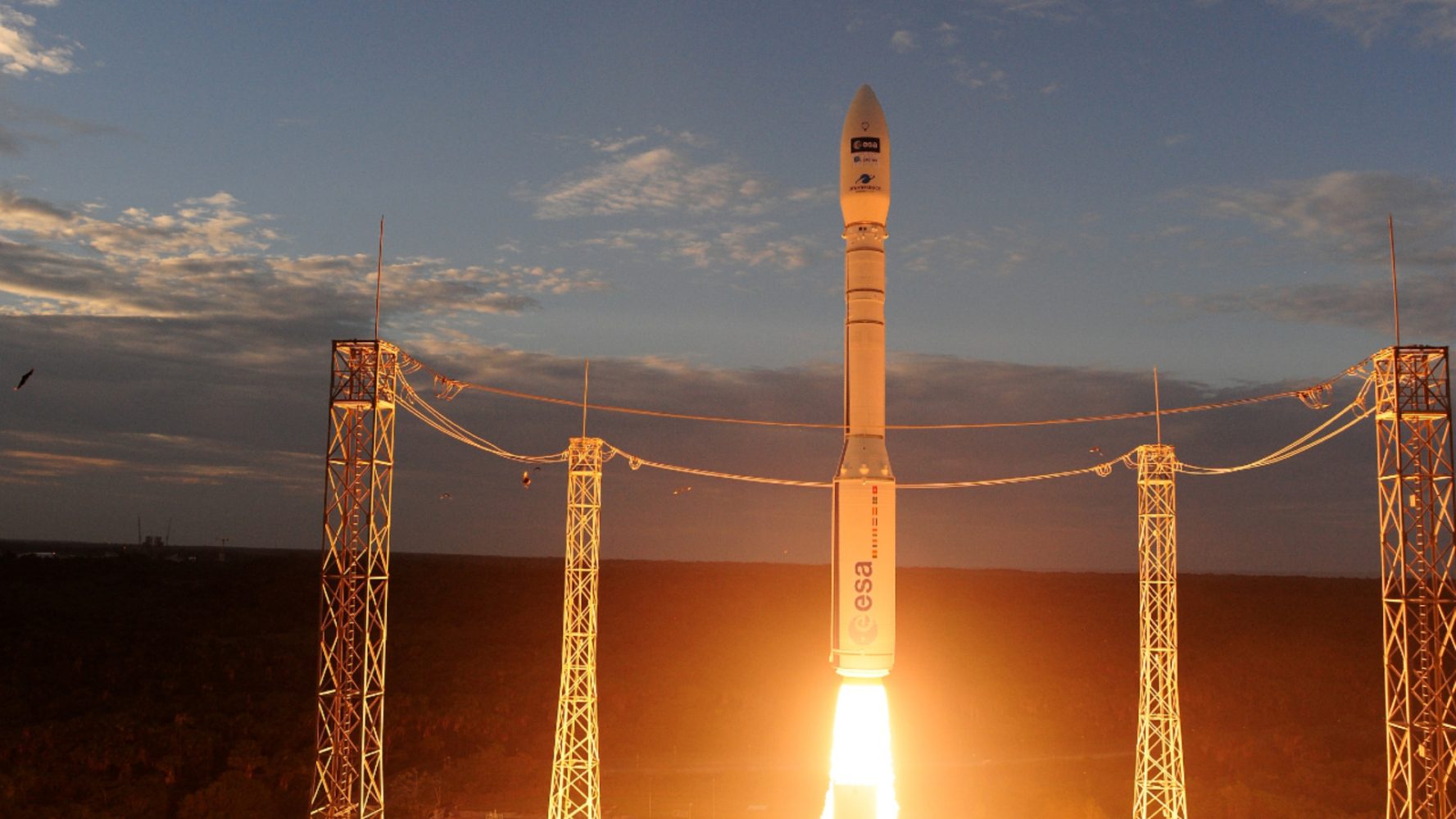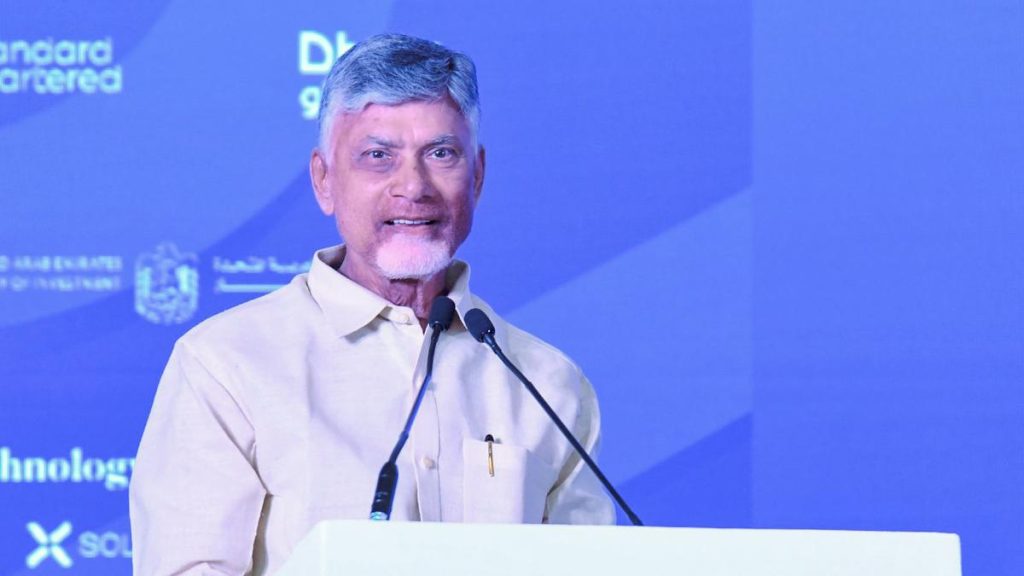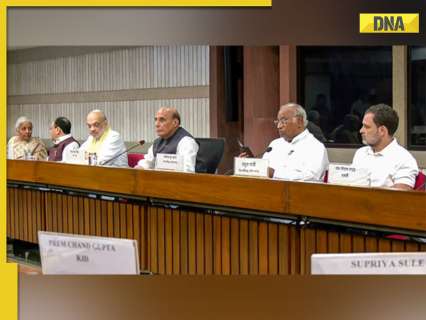Now Reading: Indian Firm Taps AI to Revolutionize Rocket Engine Production
-
01
Indian Firm Taps AI to Revolutionize Rocket Engine Production
Indian Firm Taps AI to Revolutionize Rocket Engine Production

Quick Summary:
- SpaceX currently dominates global orbital launches, with 98% control of the market.
- Elon Musk’s company is becoming a major power in space exploration, setting rules and enabling satellite communications globally.
- Leap 71,a Dubai-based startup,aims to challenge SpaceX using AI technology to design and mass-produce rocket engines rapidly and efficiently.
- Leap 71 developed an AI system called Noyron that integrates physics and manufacturing constraints into its design process for greater precision.
- Using this technology, Leap 71 claims it can create advanced engines within weeks-contrasting sharply with conventional years-long timelines.
- In 2024, Leap 71 successfully fired a copper aerospike rocket engine designed entirely by Noyron. The engine functioned flawlessly in tests.
Indian Opinion Analysis:
SpaceX’s near-total dominance of the global launch market represents both chance and challenge for countries like India that are active players in space exploration through organizations such as ISRO (Indian Space Research Organisation). while historical achievements like the Chandrayaan landings have affirmed India’s capabilities on the world stage, this emerging monopoly underscores the urgent need for innovation to remain competitive internationally.
Leap 71’s use of AI-enabled rapid production techniques points toward transformative possibilities for aerospace engineering. Nations with robust tech sectors-including India-might see benefits from adopting similar approaches or exploring collaborations. However, it also raises questions about preparedness: Is India equipped to compete effectively in a landscape where private firms like SpaceX increasingly dictate terms? The integration of advanced technologies such as generative AI into strategic industries could significantly accelerate development while avoiding longer delays traditionally associated with space missions.
With global interests converging on satellite networks and orbital infrastructure control-a strategic domain-it is imperative for India not just to innovate but also safeguard its autonomy amidst rising commercial monopolies.

























